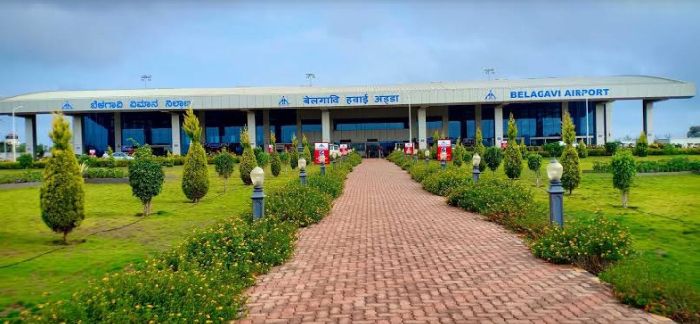Mangaluru, Mar 16: A fire broke out on a marine research vessel off Karnataka's New Mangalore coast, following which 30 crew members and 16 scientists were rescued by the coast guard, an official said on Saturday.
Around 10 pm Friday, Marine Rescue Coordination Centre, Mumbai, was informed about the fire on ocean research vessel (ORV) Sagar Sampada, Coast Guard inspector general (West region) Vijay Chaphekar said.
The vessel belongs to an institute under the Ministry of Earth Sciences. Of the 16 scientists onboard, three were women, he said.
The fire broke out in the accommodation area of the vessel and the crew were not able to control its spread. The Coast Guard pressed into service ICGS Vikram and ICGS Sujay to render necessary assistance, the official said.
"The Indian Coast Guard ships arrived at vessel's position just past midnight on March 16 and deployed a joint fire-fighting team to contain the blaze," Chaphekar said, adding, external fire fighting system fitted on the Indian Coast Guard ships were also used to control the spread of blaze.
The team boarded the vessel and assessed the situation. It was found that eight compartments in the accommodation area were on fire, he said.
Extensive fire-fighting operations were undertaken which continued for over eight hours. Following that ORV Sagar Sampada proceeded towards New Mangalore harbour safely, Chaphekar said.
During late hrs on 15 Mar 19, #SCI Research Vessel Sagar Sampada reported fire onboard at sea @IndiaCoastGuard Ships Sujay & Vikram engaged in fire fighting ops. Safety of 36 crew & 16 scientist onboard ascertained. Vessel being escorted to New Mangalore harbour.@DefenceMinIndia pic.twitter.com/OBS9OYiaqH
— Indian Coast Guard (@IndiaCoastGuard) March 16, 2019






Comments
Add new comment